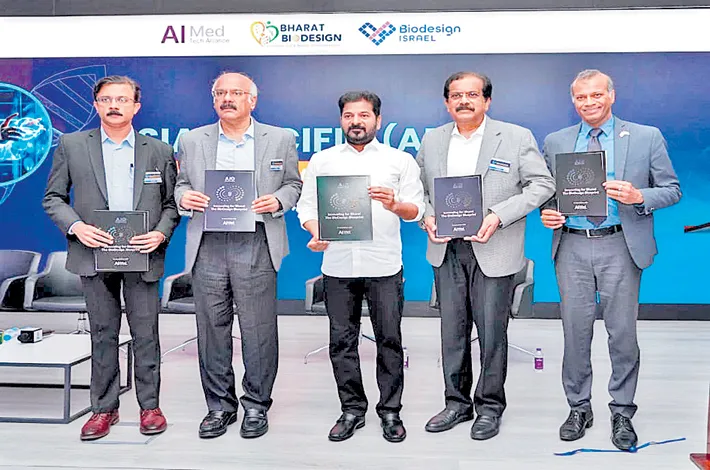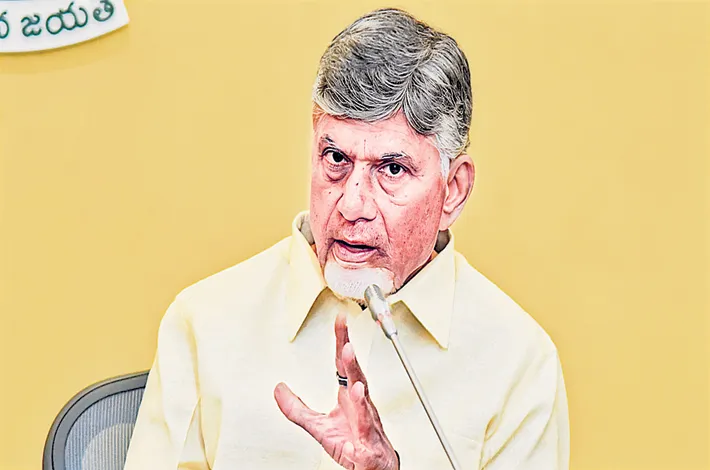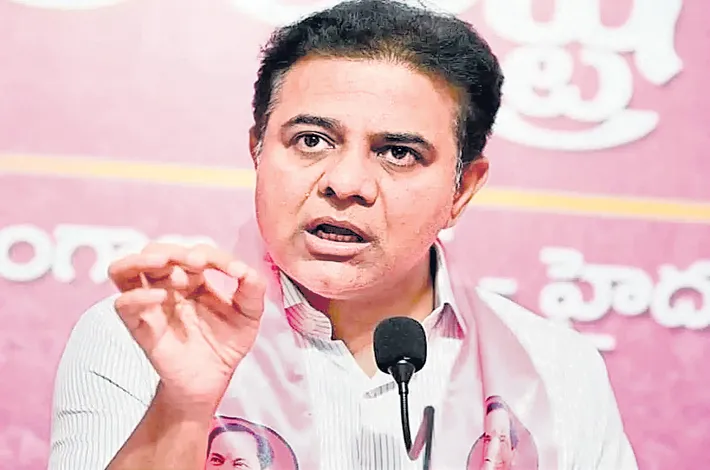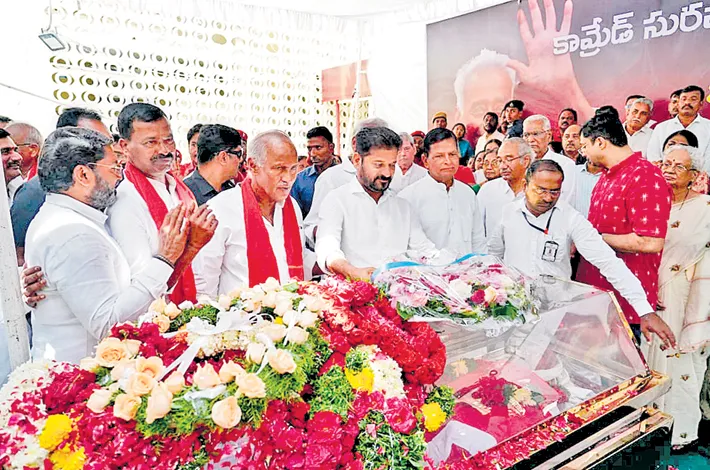Big Brother’s Watching!
25-08-2025 12:14:20 AM
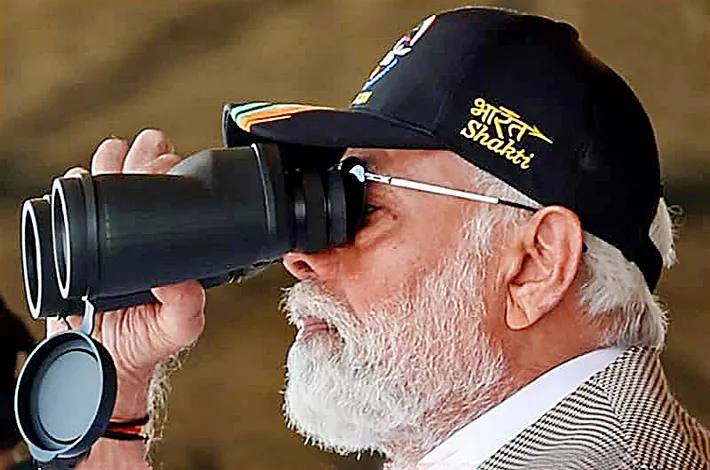
IT & ED crack down on corrupt contractors and Real Estate Firms ahead of Bihar polls
metro india news I hyderabad
As the Bihar Legislative Assembly elections loom just three months away, the political battlefield is heating up, with both the Bharatiya Janata Party (BJP)-led National Democratic Alliance (NDA) and the Congress gearing up for a high-stakes showdown. With Prime Minister Narendra Modi and Congress leader Rahul Gandhi already hitting the campaign trail, the contest for Bihar is shaping up to be a defining moment for both parties.
However, beneath the surface of this electoral clash lies a shadowy game of financial scrutiny, as investigative agencies like the Income Tax Department (ITD) and the Enforcement Directorate (ED) turn their gaze toward contractors and real estate companies in Telangana and Karnataka—states where Congress holds power. The alleged goal? To choke off potential Congress funding streams for Bihar’s electoral fight.
A High-Stakes Battle for Bihar
The Bihar elections, scheduled for November are more than just a state-level contest. For the BJP, retaining Bihar is critical to maintaining its dominance in national politics. A loss here could weaken its narrative of invincibility and embolden opposition forces ahead of future national elections. For the Congress, improving its performance in Bihar is equally vital. The party, which has struggled to regain its foothold in the Hindi heartland, sees Bihar as a chance to reclaim relevance. A strong showing could bolster its credibility and galvanize its cadre across India.
To fuel this electoral ambition, Congress is reportedly mobilizing significant funds, particularly from Telangana and Karnataka, where it governs. Sources indicate that the party began moving funds in September and October to avoid last-minute disruptions, as financial transfers in November—closer to the polls—could attract unwanted attention from central agencies. The stakes are high, and the flow of money could determine the intensity of Congress’s campaign in Bihar’s fiercely competitive electoral landscape.
The Shadow of Investigation
However, the Congress’s financial strategy has not gone unnoticed. According to sources, the IT and ED, both under the purview of the Union Ministry of Finance, are closely monitoring contractors, real estate companies, and businessmen in Telangana and Karnataka who have allegedly benefited from favorable policies under Congress-led state governments over the past year. These entities, suspected of receiving “illegal favors,” are now under the scanner to prevent them from funneling money to Congress candidates in Bihar.
The ED, tasked with investigating money laundering and foreign exchange violations, and the IT, responsible for enforcing tax compliance, have a history of collaborating on high-profile cases involving financial irregularities. Recent reports highlight their joint efforts, such as the ED’s investigation into a ₹263 crore income tax refund fraud case, which stemmed from IT findings. This precedent suggests that the agencies are well-equipped to coordinate and act swiftly when financial misconduct is suspected.
The scrutiny of contractors and real estate firms is particularly significant given their role in state-level economies. In Telangana and Karnataka, these sectors have flourished under Congress governance, with major infrastructure projects and real estate developments driving economic activity. However, allegations of cronyism and kickbacks have long plagued these industries, making them prime targets for investigative agencies. The fear of raids or summons from the IT or ED could deter these entities from providing financial support to Congress, effectively hamstringing the party’s campaign efforts in Bihar.
A Political Weapon?
The timing and focus of these investigations have raised eyebrows, with critics alleging that the BJP-led central government is weaponizing federal agencies to weaken its political rivals. The ED, in particular, has faced accusations of selective enforcement, with a low conviction rate—only 40 convictions out of 5,297 cases registered under the Prevention of Money Laundering Act (PMLA) from 2014 to 2024—fueling claims of political misuse.
The Supreme Court has also recently criticized the ED for overstepping constitutional boundaries, particularly in cases involving state jurisdictions, urging greater respect for cooperative federalism.
In this context, the intensified scrutiny of Congress-linked businesses in Telangana and Karnataka could be seen as an attempt to disrupt the party’s financial pipeline to Bihar. Raids or even warnings from investigative agencies could create a chilling effect, discouraging potential donors from supporting Congress candidates. Such tactics are not unprecedented; in 2021, the ITD and ED conducted joint searches at the residences of Telangana Pradesh Congress Committee working president A. Revanth Reddy, raising similar allegations of political targeting.
For the Congress, the challenge is twofold: securing funds for Bihar while navigating the specter of central agency scrutiny. The party’s reliance on Telangana and Karnataka, both economic powerhouses, underscores the importance of these states in its broader strategy. However, the aggressive oversight by the IT and ED could force Congress to explore alternative, less transparent funding channels, potentially exposing it to further legal risks.





